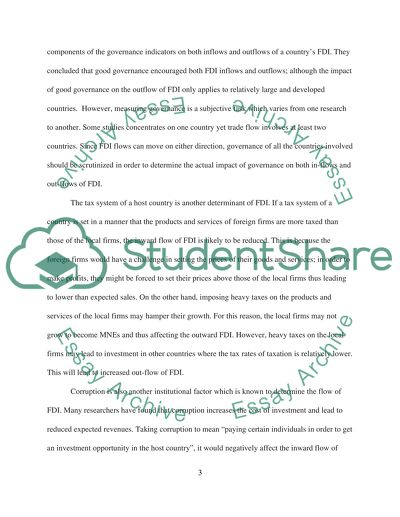Cite this document
(“Critical evalluation of the extent to which institutional factors Essay”, n.d.)
Critical evalluation of the extent to which institutional factors Essay. Retrieved from https://studentshare.org/macro-microeconomics/1402766-dynamics-of-multinational-companies
Critical evalluation of the extent to which institutional factors Essay. Retrieved from https://studentshare.org/macro-microeconomics/1402766-dynamics-of-multinational-companies
(Critical Evalluation of the Extent to Which Institutional Factors Essay)
Critical Evalluation of the Extent to Which Institutional Factors Essay. https://studentshare.org/macro-microeconomics/1402766-dynamics-of-multinational-companies.
Critical Evalluation of the Extent to Which Institutional Factors Essay. https://studentshare.org/macro-microeconomics/1402766-dynamics-of-multinational-companies.
“Critical Evalluation of the Extent to Which Institutional Factors Essay”, n.d. https://studentshare.org/macro-microeconomics/1402766-dynamics-of-multinational-companies.


